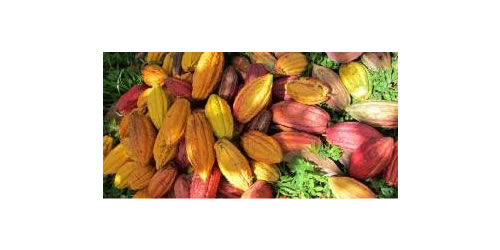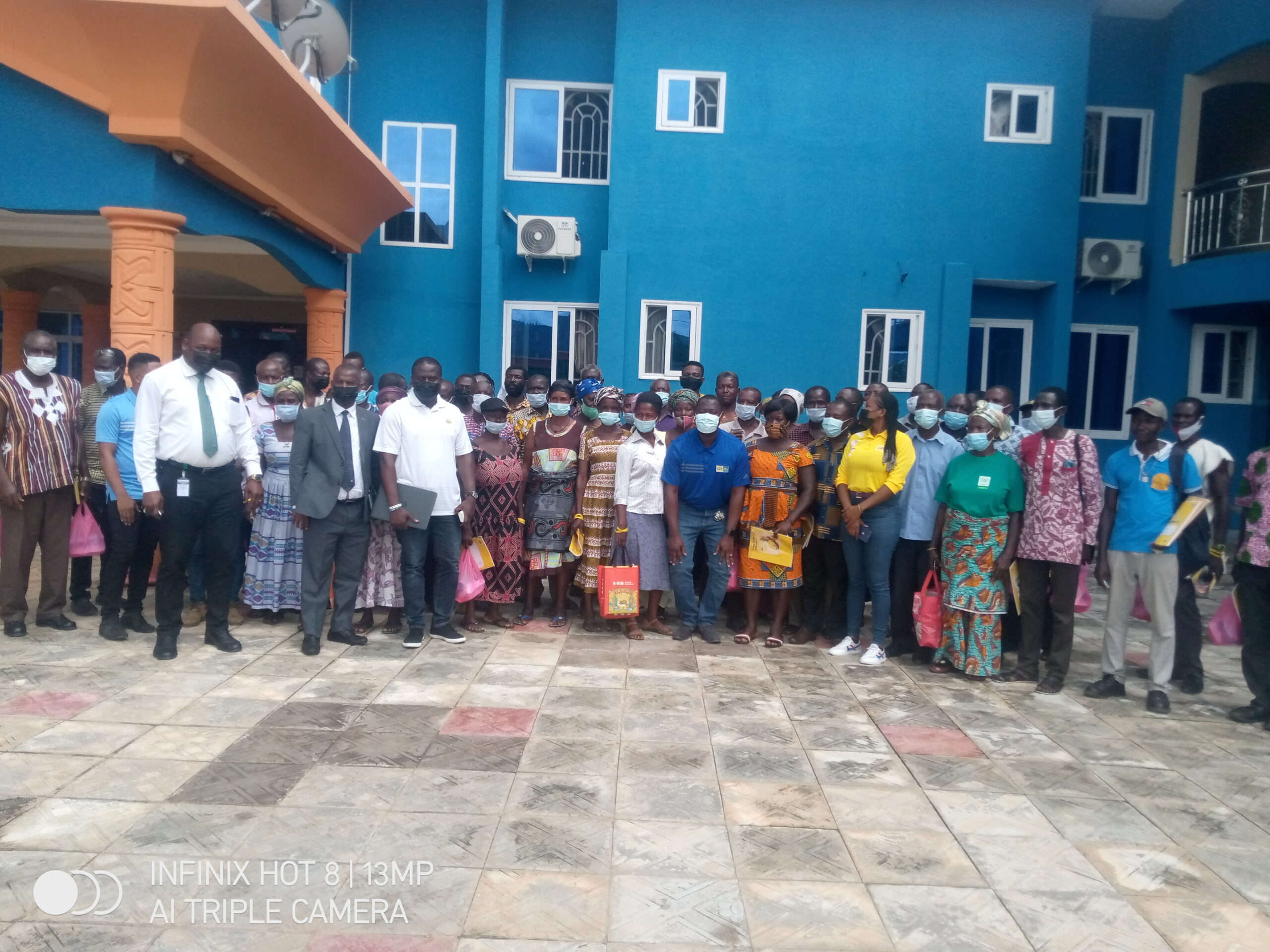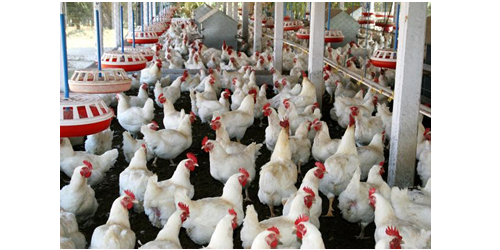Ghana to help bridge global cocoa deficit

The Ghana Cocoa Board (COCOBOD) is confident measures put in place to raise national cocoa production figures will soon translate into increased output to bridge the global cocoa deficit.
The deficit is expected to peak at one million tonnes by 2020, which, if not checked, could cause prices of the beans to skyrocket.
However, with special yield-boosting initiatives such as the free distribution of hybrid cocoa seedlings, luring of youth into cocoa farming and the free distribution of fertilisers and other inputs, COCOBOD, which regulates the country’s cocoa sector, said its estimates showed that Ghana’s annual figures would rise in the next few years and subsequently neutralise the deficit.
The Chief Executive Officer of the board, Dr Stephen K. Opuni, gave the assurance at the 2015 Cocoa Festival at Tafo in the Eastern Region.
He observed that the deficit would be as a result of cocoa consumption by chocolate manufacturers and other cocoa-based institutions surpassing supply.
“The global cocoa consumption is currently growing between two to three per cent per annum. Therefore, Ghana needs to take opportunity to make gains,” Dr Opuni added.
Ghana is currently the second largest cocoa producer.
Measures
Ghana’s cocoa production reached one million tonnes in the 2010/11 cocoa season but fell to an average of 850,000 tonnes as a result of challenges facing the crop.
Currently, estimates show that about 40 per cent of the country’s cocoa stocks are diseased, over-aged or infested by pest, making it difficult for them to contribute meaningfully to national output.
To help replace these low-yielding trees, the COCOBOD introduced the free distribution of hybrid cocoa seedlings.
So far, 50 million seedlings have been given to the crop farmers in the 2014/15 cocoa season, which ended on September 30, this year.
In the 2015/16 season, Dr Opuni said about 60 million would be distributed.
That, he said, would complement the youth in cocoa model, which the board has been championing in recent years.
The initiative has since attracted over 30,000 young farmers in the four cocoa producing regions.
“The aim of that initiative is not only to identify young men and women already engaged in cocoa farming but also attract new ones to take up this lucrative venture,” the CEO said at the event.
He, therefore, appealed to the chiefs and traditional leaders to support the youth who want to take up cocoa farming by offering those parcels of land at flexible terms in order to increase production.
Source: Graphic.com.gh




